To better understand the impact of AI on the journalism industry, as well as the challenges and opportunities it brings, Tien Phong reporter had a conversation with Professor Lee Chang-Hyun - Professor of the Department of Communication, Kookmin University, Seoul (Korea) to better understand this issue.
“AI threatens young journalists, especially new reporters”
Professor, how would you assess the impact of AI on the current media industry?
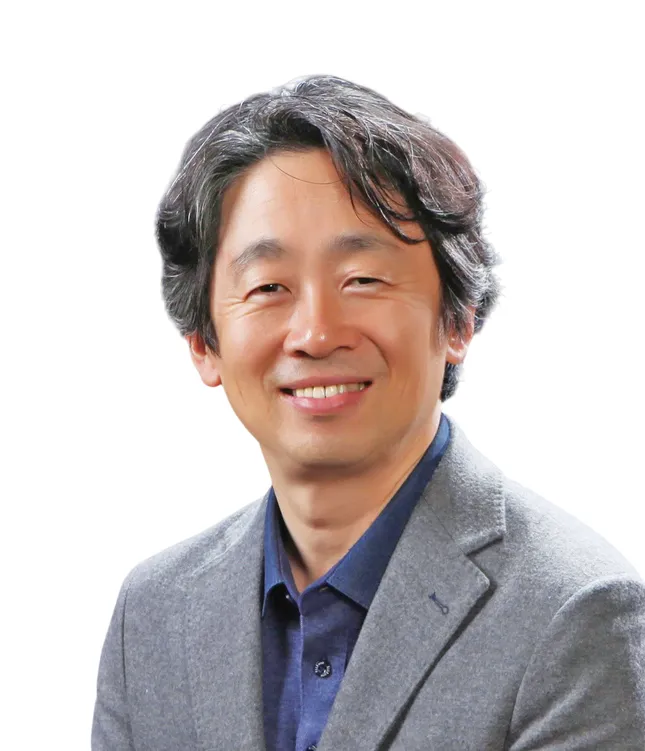 |
Professor Lee Chang-Hyun |
AI is not only automating news production but also heavily influencing fact-checking and content recommendation algorithms. This raises fundamental questions about the nature and identity of journalism. The era of mass journalism is gradually giving way to the era of algorithm-driven journalism in the age of AI. The real challenge lies not in AI itself, but in how media organizations embrace AI as a “tool” and leverage it to strengthen the ethics and social responsibility of journalism.
Journalism is inherently a “humanistic” profession. The strength of journalists over AI lies in their ability to make ethical decisions as humans.
Compared to traditional journalism, what are the pros and cons of using AI in reporting? Do you think the human element will be completely replaced in the future?
The strengths of AI-powered journalism lie in the speed of news production, the ability to expand content, and the ability to analyze data. For example, AI can analyze real-time financial information or social media trends much faster than humans. However, it also has obvious limitations such as: judgments based on prejudice, lack of emotional sophistication, and limitations in ethical decision making. Therefore, the role of journalists becomes even more important. Journalists do not simply process and convey information, but also have to interpret reality through a humanistic lens and critical thinking. Therefore, I believe that the role of journalists cannot and should not be completely replaced.
According to you, does "news automation" threaten the media profession in Korea? What should young reporters prepare to adapt?
In the age of AI, the way newsrooms are managed and the way journalists report must also change. Companies and journalists must adapt. News automation can be a definite threat to young journalists, especially those new to the profession. However, I see this as a sign of change, not a crisis.
Professor Lee Chang-Hyun was born in 1964.
Member of the Board of Directors of KBS National Broadcasting Station (2009-2012); Member of the Broadcasting Program Evaluation Committee of the Radio and Television Commission from 2022 to present; Chairman of the KBS Audience Monitoring Council from 2020 to 2021; Member of the Naver Service Advisory Council from 2020 to 2021; He has dozens of scientific articles published in leading journals on communication and social sciences.
Young reporters need to prepare three things:
Technological Competence: Understand how AI works and the ethical issues it can raise.
Storytelling and interpretation skills: AI is still not as good as humans at storytelling and interpreting cultural context.
Critical Thinking: More important than finding the “right” answer is the ability to ask “sharp” questions.
How do you evaluate the difference in the way media in Korea and Vietnam approach AI?
Each society needs to adopt technology in a way that is appropriate to its own conditions.
South Korea is a rapidly digitalizing society, so the adoption of AI in media is quite proactive. Korean TV stations have used AI for speech synthesis, automatic subtitling, audience analysis, and even have virtual AI hosts. However, this rapid adoption has also brought with it ethical issues and concerns about job displacement.
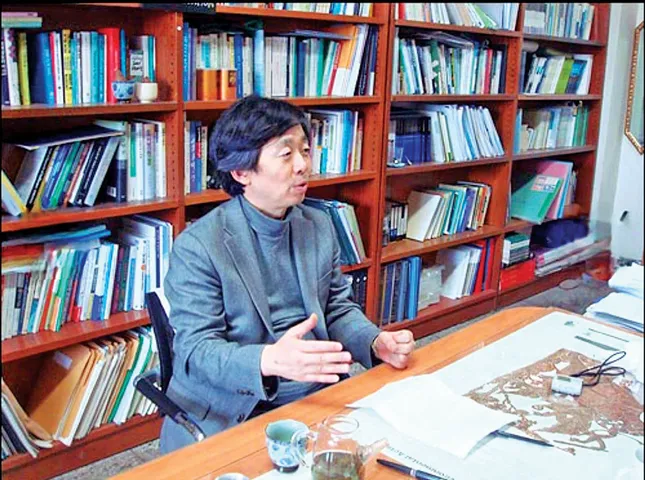 |
Professor Lee Chang-Hyun, Kookmin University, Seoul (Korea) |
In contrast, Vietnam is taking a more cautious and focused approach to AI. This helps facilitate the development of strong ethical guidelines for long-term AI adoption. I believe that the two countries can learn from each other: Korea can learn from Vietnam about ethical approaches, while Vietnam can learn from Korea about experimental innovation.
Can you share your experience in training media students to have both professional ethics and technological proficiency?
I focus on two main pillars of teaching: ethics and experimentation. Students are free to use tools like ChatGPT, DALL·E, and speech recognition in class, but at the same time, I ask them to evaluate for themselves the issues of bias, transparency, and ambiguity of origin that AI technology can bring. Without such ethical lessons, technology becomes a threat to humanity.
My goal is not to train journalists who are “good at using technology,” but to nurture journalists who can think critically about technology.
Source: https://tienphong.vn/hay-nuoi-duong-nhung-nha-bao-biet-suy-ngam-hon-la-chi-gioi-su-dung-cong-nghe-post1752084.tpo


![[Photo] Prime Minister Pham Minh Chinh chairs conference to accelerate disbursement of public investment capital, deploy key projects and eliminate temporary and dilapidated houses](https://vphoto.vietnam.vn/thumb/1200x675/vietnam/resource/IMAGE/2025/6/23/fcb205e3ca19432eac326f55123308f4)
![[Photo] General Secretary To Lam works with the Party Committee of the Fatherland Front and Central organizations](https://vphoto.vietnam.vn/thumb/1200x675/vietnam/resource/IMAGE/2025/6/23/a252b388e91447ac8fabf948c00f2a21)

![[Photo] Prime Minister Pham Minh Chinh chairs national online conference on new rural construction and poverty reduction](https://vphoto.vietnam.vn/thumb/1200x675/vietnam/resource/IMAGE/2025/6/23/0d239726be21479db1ea6d8d77691a6d)
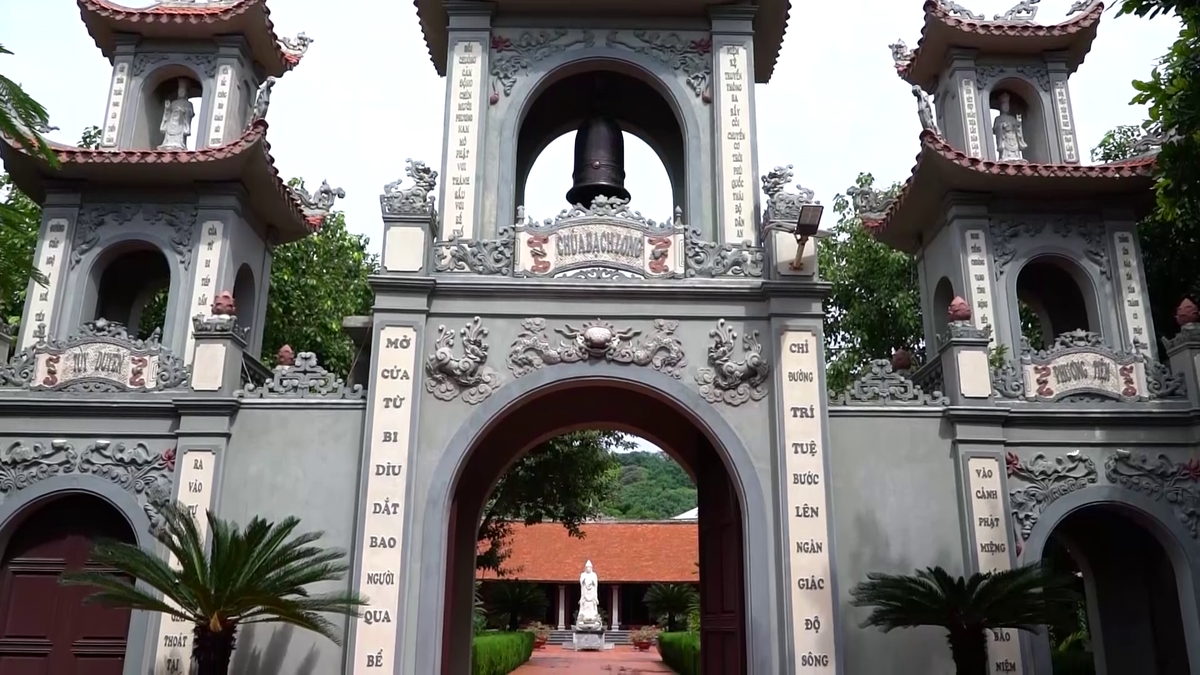




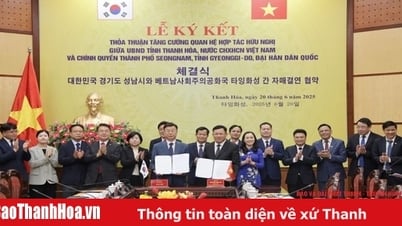

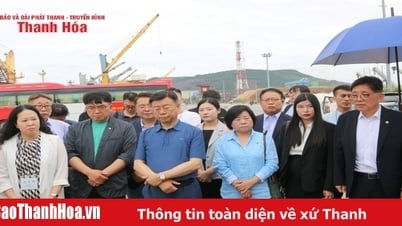

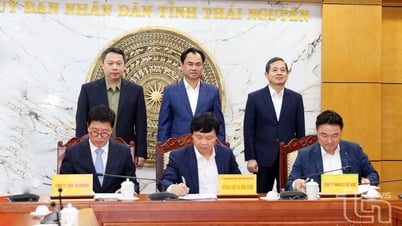









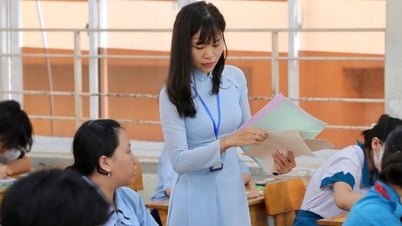








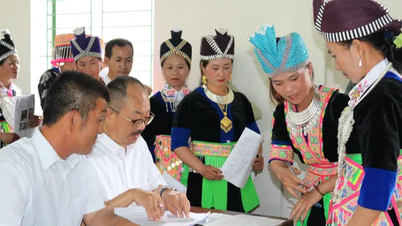





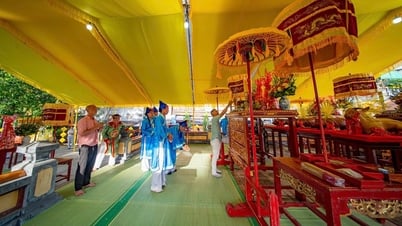






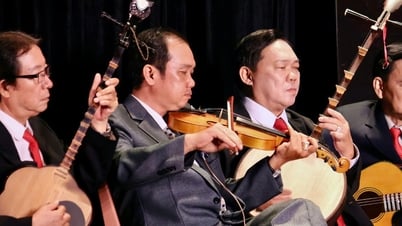


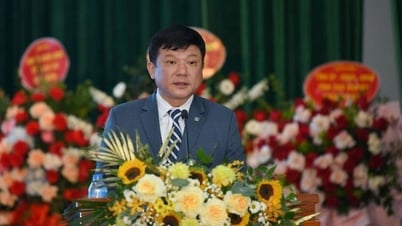


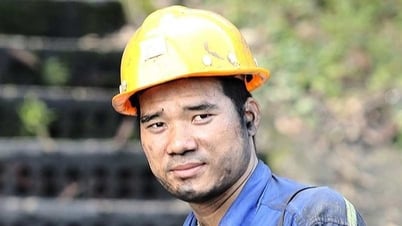

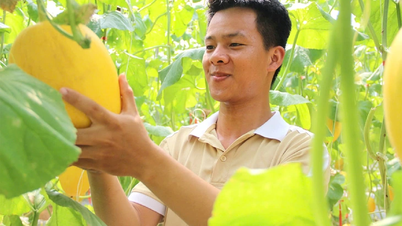
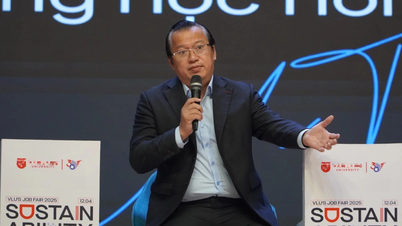


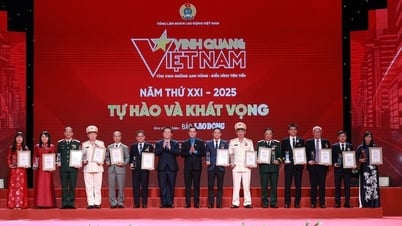

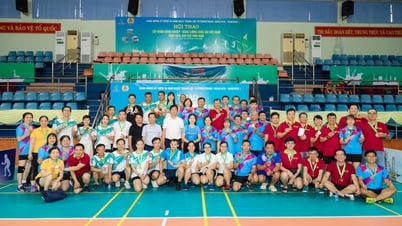

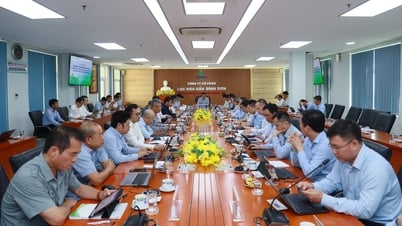
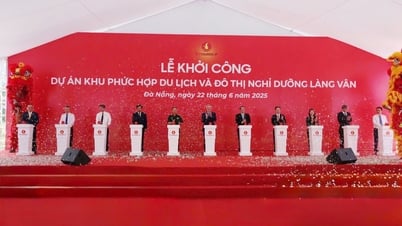

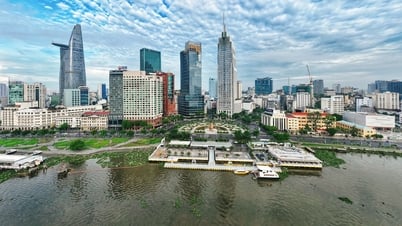


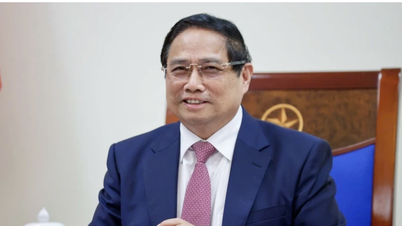
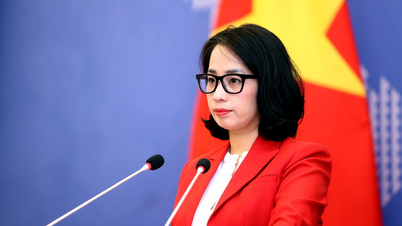





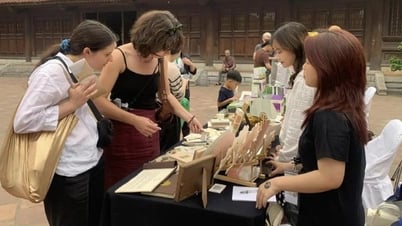


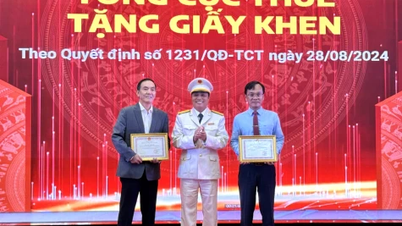



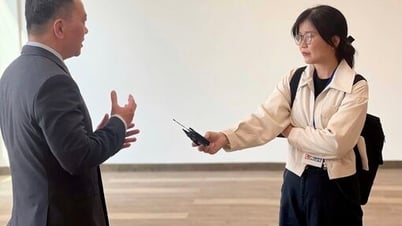



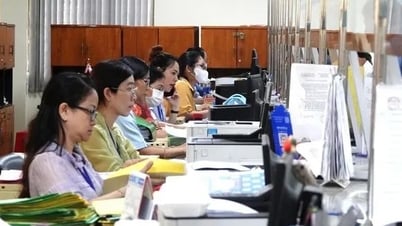

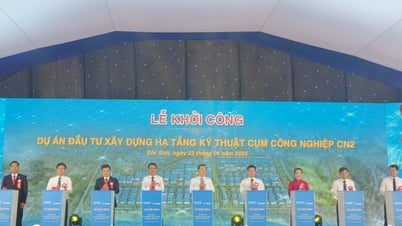



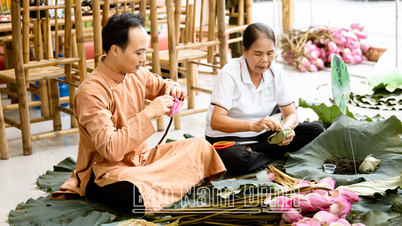


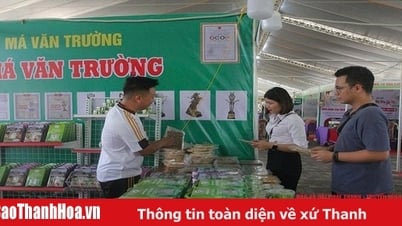


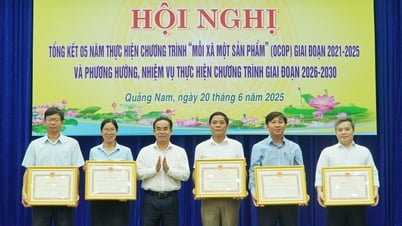





Comment (0)